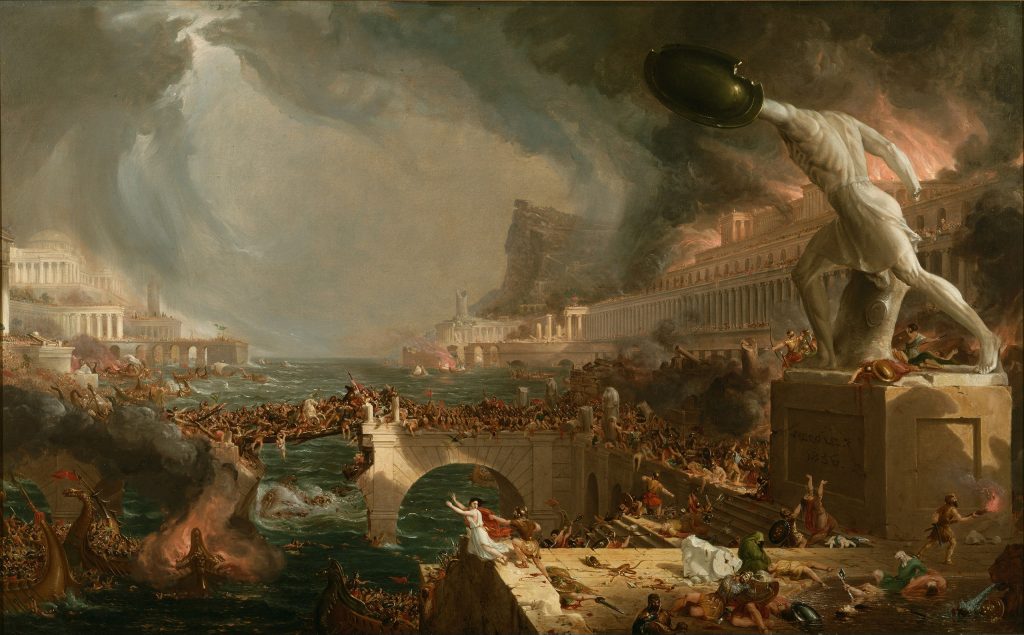Unmasking the Past: The Unsettling Link Between Violence and Inequality”

When we think of transformative moments in history, we often lean towards peaceful changes – moments of reform, evolution, and enlightenment. But, hold your breath, because historian Walter Scheidel takes us on a different journey, one where history’s stage is often dramatically altered not by peace, but through disruption and chaos.
The Great Leveler: A Radical Hypothesis
Scheidel, a distinguished professor of history and classics at Stanford University, lays out an intriguing – if somewhat grim – thesis in his aptly titled book, “The Great Leveler.” His central argument? It’s significant violent events that have been the most successful in reducing economic inequality throughout history.
Yes, you read that right. We’re talking cataclysms of global scale and impact, capable of shaking societal structures to their core and effecting changes that peaceful processes often can’t.
The Four Horsemen Galloping Through History
And what, you might ask, could possibly precipitate such dramatic societal leveling? Scheidel identifies four potent agents of change, akin to the apocalyptic four horsemen:
- Mass-Mobilization Warfare: Picture World War II – a globe-engulfing conflict that saw governments massively intervene in economies, triggering wealth redistribution in a scale seldom seen in peacetime.
- Transformative Revolution: Think of the revolutions that overthrew the old order and promised a more equitable society, as seen in many communist revolutions.
- State Collapse: Imagine the fall of great civilizations. When state systems that buttress wealth accumulation crumble, it’s often the richest who lose the most.
- Epidemics: Finally, envision the scourges of pandemics that have periodically swept across continents, like the Black Death in the 14th century, causing labor shortages, wage increases, and narrower wealth gaps.
A Glimpse of the Road Ahead
With such a thesis, you might now wonder: Is there hope for reducing growing inequality without resorting to such violent upheavals? Scheidel’s research doesn’t offer much optimism. The historian doesn’t advocate for such catastrophes, but he underscores how demanding the task of significant economic reform truly is.
Inspiring Change through Lessons from the Past
Scheidel’s sobering review of history does more than merely spell doom and gloom. It provides a sobering perspective that should inform our approach to resolving contemporary economic inequality challenges. Now, our mission is clear: We must strive to come up with innovative, original, and peaceful solutions to address economic disparity.
We have a chance to bring about an evolution in our society, one that values equity and justice as much as it values progress and prosperity. The only way forward is through democracy reform and a more representative government.
References:
- “Inequality Gap Could Trigger a Revolution,” The Guardian
- “Stanford Historian Uncovers a Grim Correlation Between Violence and Inequality Over the Millennia,” Stanford News
- Scheidel, Walter. “The Great Leveler: Violence and the History of Inequality from the Stone Age to the Twenty-First Century”

